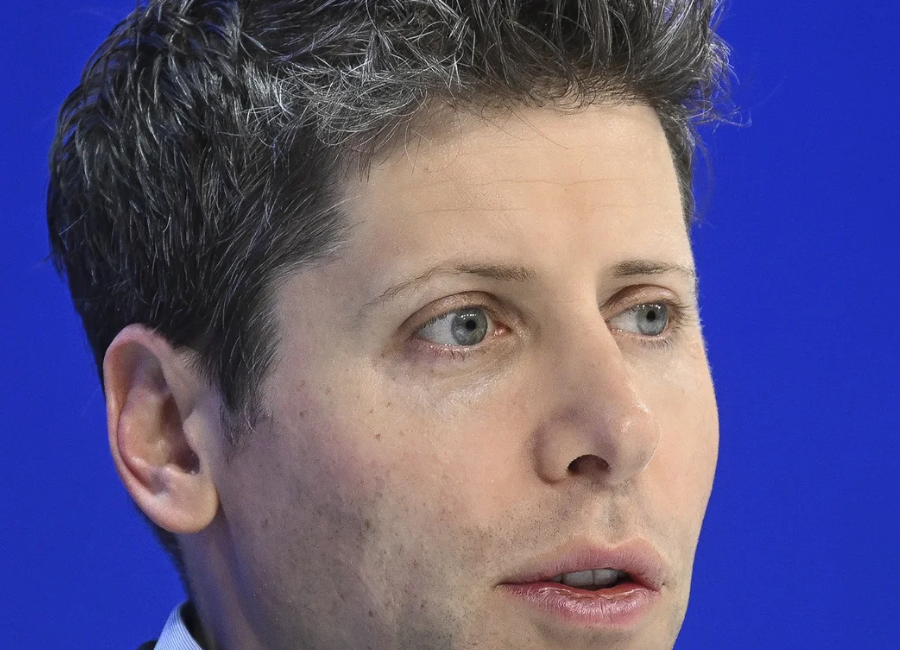Sam Altman, the CEO of OpenAI, believes that nuclear fusion could be the key to addressing the increasing energy requirements of powerful artificial intelligence (AI) models. Altman expressed concerns about the growing energy demands of AI during a recent event at the World Economic Forum in Davos, Switzerland. He suggested that new AI models would likely consume even more energy than anticipated and that a breakthrough in nuclear fusion is needed to solve the energy deficit.
AI models, especially large and advanced ones like OpenAI’s GPT and Google’s Bard, require significant energy for training. The process of training complex models involves massive amounts of data and computing power, contributing to the global data server industry’s energy consumption. Altman acknowledged that addressing this energy problem requires a breakthrough, and he emphasized the importance of investing more in nuclear fusion technology.

While some proponents of AI see the potential for advanced models to contribute to addressing climate change, the upfront energy needed for their training is a concern. Researchers estimate that training a single large language model like GPT-4 could result in the emission of around 300 tons of CO2. Additionally, the energy consumption of AI image generator tools and the large server farms used for training contribute to environmental impact.
Altman hopes that climate-friendly energy solutions, such as more affordable solar energy and nuclear fusion, can help meet the growing demand for AI without worsening the environmental impact. Nuclear fusion, which mimics the energy generation of stars, has long been considered a potential source of clean and nearly limitless energy when produced on an industrial scale.
Despite the optimism about nuclear fusion, fully functioning fusion reactors capable of powering AI training models are not expected to be available anytime soon. The International Atomic Energy Agency (IAE) anticipates a prototype fusion reactor by 2024. Altman has personally invested in Helion Energy, a US-based company working on fusion power, showing his commitment to advancing this technology.
In addition to discussing the energy challenges of AI, Altman addressed his evolving views on the impact of AI on the world. Less than a year ago, Altman signed a letter warning about the potential risks of runaway AI, but he now suggests that AI will “change the world much less than we all think.” While he still believes in the development of artificial general intelligence (AGI), capable of outperforming humans, he appears less concerned about its disruptive impact on jobs and society.
Altman’s recent statements mark a shift from his earlier doomsday scenarios regarding the potential risks of AI. The change in tone comes after Altman survived an attempt by OpenAI’s board of directors to oust him from his role, citing concerns about communication transparency. Altman’s current views on AI’s impact lack open and verifiable data due to the closed nature of OpenAI’s training methodology.







